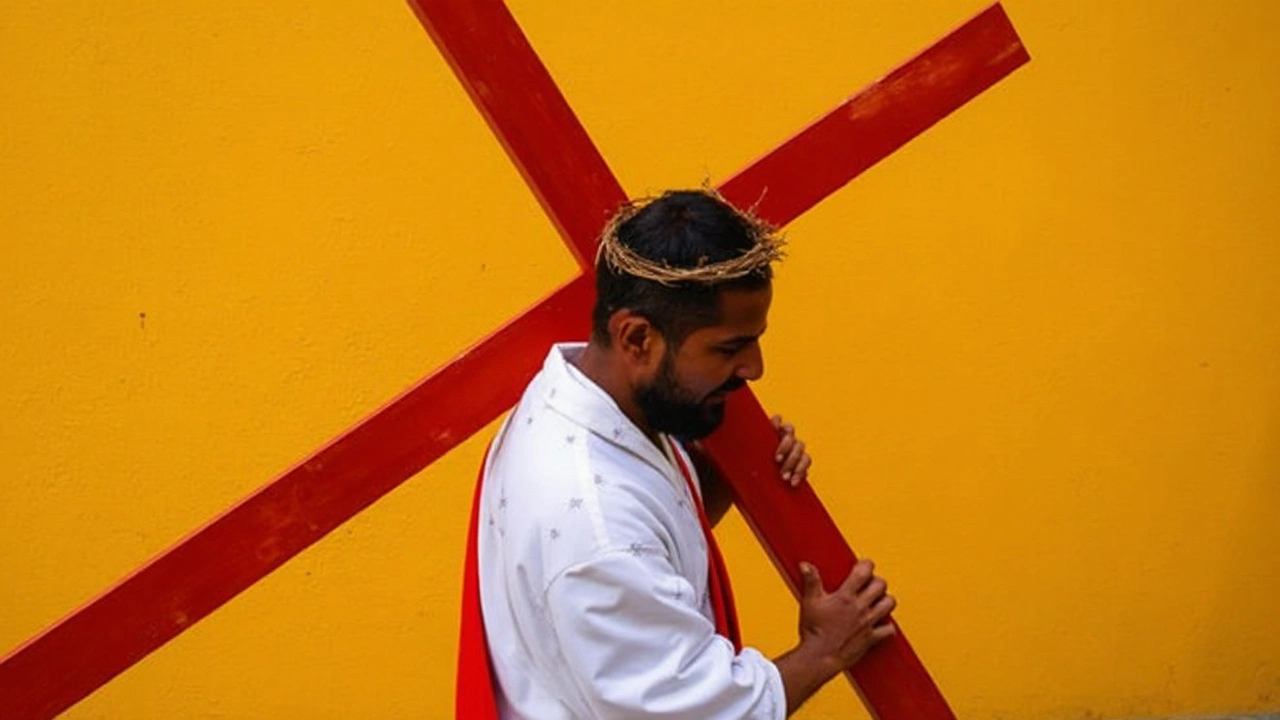Good Friday: What It Means, When It Falls & How It’s Observed in Africa
Want a quick, useful guide to Good Friday? Here’s what it is, how the date is set each year, and what to expect across different African countries — from services and processions to closures and travel tips.
What Good Friday means and when it happens
Good Friday is the day Christians mark the crucifixion of Jesus. It’s observed on the Friday before Easter Sunday and the date changes every year because Easter is a moveable feast. In Western churches Easter falls between March 22 and April 25, so Good Friday will land two days earlier. Eastern Orthodox churches follow a different calendar, so their Good Friday often falls on a different date.
If you need this year’s exact date, check your local calendar or government holiday list. Many countries publish official public holiday dates well in advance, which is handy when you’re planning travel, work, or events.
How Good Friday is observed across Africa
Observances vary a lot by country and community. In many African nations — including South Africa, Kenya, Nigeria, Ghana and Uganda — Good Friday is a public holiday. People often attend solemn church services in the morning, join processions, or take part in Passion plays that retell the last hours of Jesus’ life. In some areas, communities observe quiet reflection, fasting, or special music and choir performances.
Beyond church activities you’ll notice practical effects: banks and many government offices close, public transport may run on a reduced schedule, and markets can close earlier than usual. That matters if you’re travelling or running a business — plan ahead for reduced services and possible road closures during processions.
Not every community marks the day the same way. Some towns feature large outdoor Passion plays that draw visitors and media coverage. Others focus on family meals, acts of charity, or local traditions that blend religion with cultural customs. If you’re joining a service, check times — many churches have morning and evening services with different tones: quiet reflection in the morning, larger gatherings later.
For newsrooms and businesses, Good Friday often means fewer stories about routine government activity and more on community events, church services, and travel patterns. Emergency services and essential workers keep running, so check local announcements if you rely on medical, transport, or utility services.
Practical tips: confirm public holiday dates with your local authority, buy travel tickets early, expect bank and government closures, and respect local customs when attending religious events. If you want to volunteer or attend a community service, reach out to local churches or charities in advance.
Want updates and coverage on Good Friday events in your area? Use the site search or tag filters on Africa Daily Tasks News to find local reports, service times, and community stories. That’ll help you plan and join in respectfully and safely.
